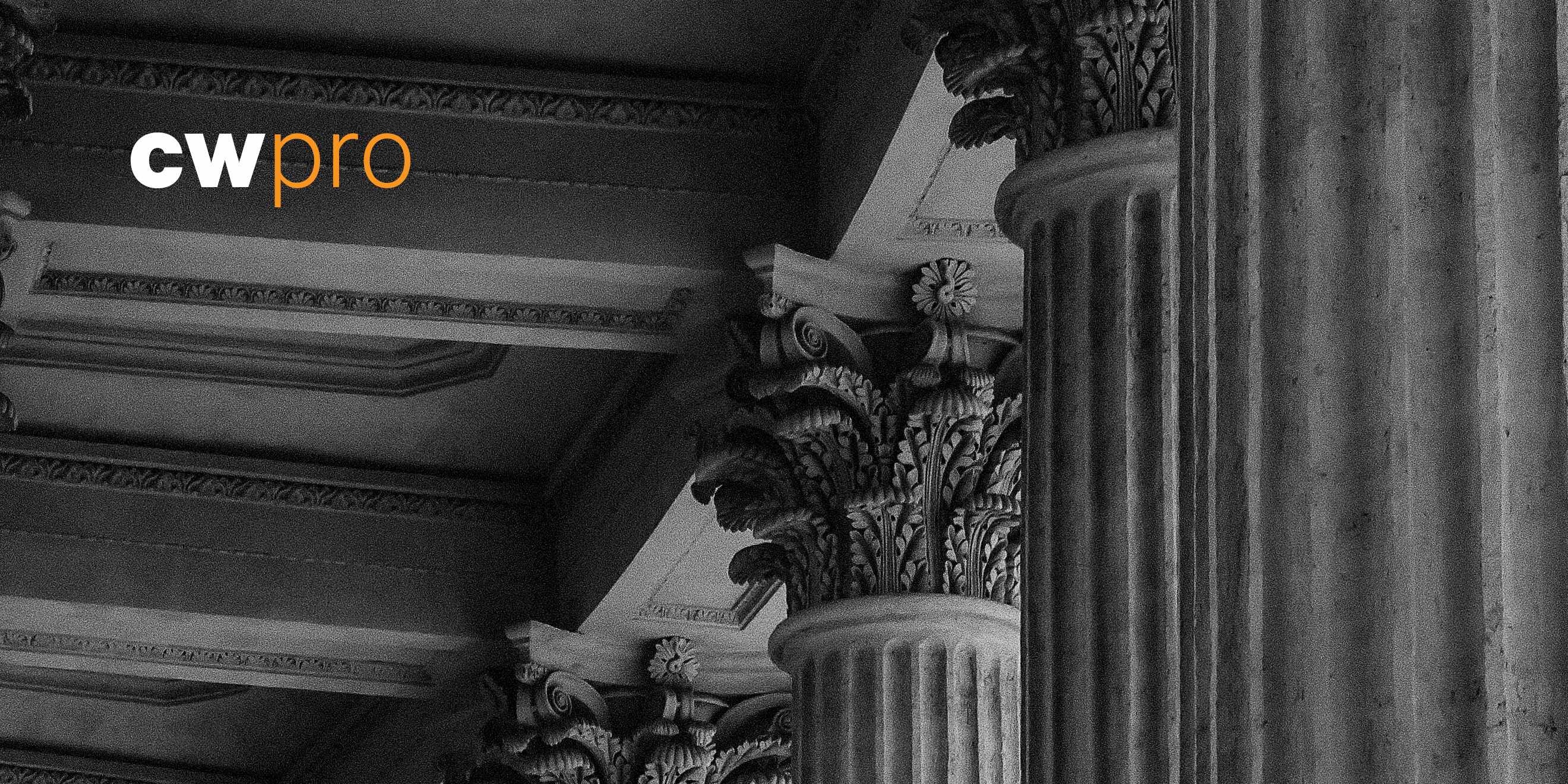At a glance.
- Marylanders, be careful what you post online.
- New NSA cybersecurity info sheet offers advice for remote workers.
- Update on the Twitter v. Taamneh case.
Marylanders, be careful what you post online.
The Maryland Daily Record asks the question, can an employee be fired for something they post online? The answer, according to experts, is a resounding yes. Employment attorney Joyce Smithey of the Smithey Law Group in Annapolis explains, “You can be fired for any kind of post, even from your own equipment. In general, (employers) can fire you over what you put on social media, even if it’s outside of work, even if it has nothing to do with work.” In other words, what happens on the internet doesn’t stay on the internet, at least not in Maryland or other states where employees work “at the will” of their employers. Joseph Gibson, founder of the nonprofit Employment Law Center of Maryland in Frederick, said his group won’t even take cases that involve social media-related terminations because the fired employee doesn’t have much of a legal leg to stand on. However, Smithey notes, there are exceptions, such as government employees, who in some cases might be protected by their first amendment rights. “Government can’t regulate your speech, but private companies can,” Smithey said.
New NSA cybersecurity info sheet offers advice for remote workers.
The work-from-home crowd has new guidance for protecting online data while away from the office. Yesterday the US National Security Agency (NSA) published an info sheet titled “Best Practices for Securing Your Home Network” providing advice to help teleworkers secure their home networks from cyber threats. NSA Cybersecurity Technical Director Neal Ziring states, “In the age of telework, your home network can be used as an access point for nation-state actors and cybercriminals to steal sensitive information. We can minimize this risk by securing our devices and networks, and through safe online behavior.” Recommendations include tips for securing routing devices, implementing wireless network segmentation, and ensuring confidentiality.
Update on the case of Twitter v. Taamneh.
As we’ve been following, the US Supreme Court is hearing two cases this week concerning web companies’ liability for the content hosted on their sites. Twitter v. Taamneh questions whether the popular social media platform should be held legally responsible for tweets they feel contributed to a 2017 ISIS terrorist attack in Istanbul that resulted in the murders of nearly thirty people including Jordanian citizen Nawras Alassaf. As Bloomberg explains, a lower court determined that Twitter (along with Google and Facebook) had to face claims that they played a role in the attack by failing to remove (and in turn profiting from) the terrorist’s materials. CNN reports that after nearly three hours of oral arguments, the Court’s justices seemed divided on whether Twitter’s hosting of the content in question constitutes a violation of the Anti-Terrorism Act, a federal statute that entitles victims of terrorist attacks to collect damages from entities that “aided and abetted” a terrorist act. The court’s conservatives seemed to side with Twitter, agreeing that the posts could not be seen as offering "substantial" assistance to the attackers, while the more liberal justices seemed to feel Twitter should bear some responsibility.
Justice Clarence Thomas said that a ruling in favor of the plaintiffs would mean “that every terrorist act that uses this platform would also mean that Twitter is an aider and abettor in those instances.” As Wired notes, earlier this week the US’s highest court heard arguments in Gonzalez v. Google, a similar case in which the plaintiffs allege that the algorithm used by Google-owned streaming platform YouTube aided in a 2015 ISIS attack by promoting the terrorists’ recruitment videos to users who would be most susceptible to their message. Google argues it’s protected by Section 230 of the Telecommunications Act, which shields social media platforms from liability for damage caused by extremist content and disinformation. The two cases could have major ramifications for the future of web content, and could even set a precedent for how other countries hold web companies accountable for what they publish. Rulings are expected some time in June.
